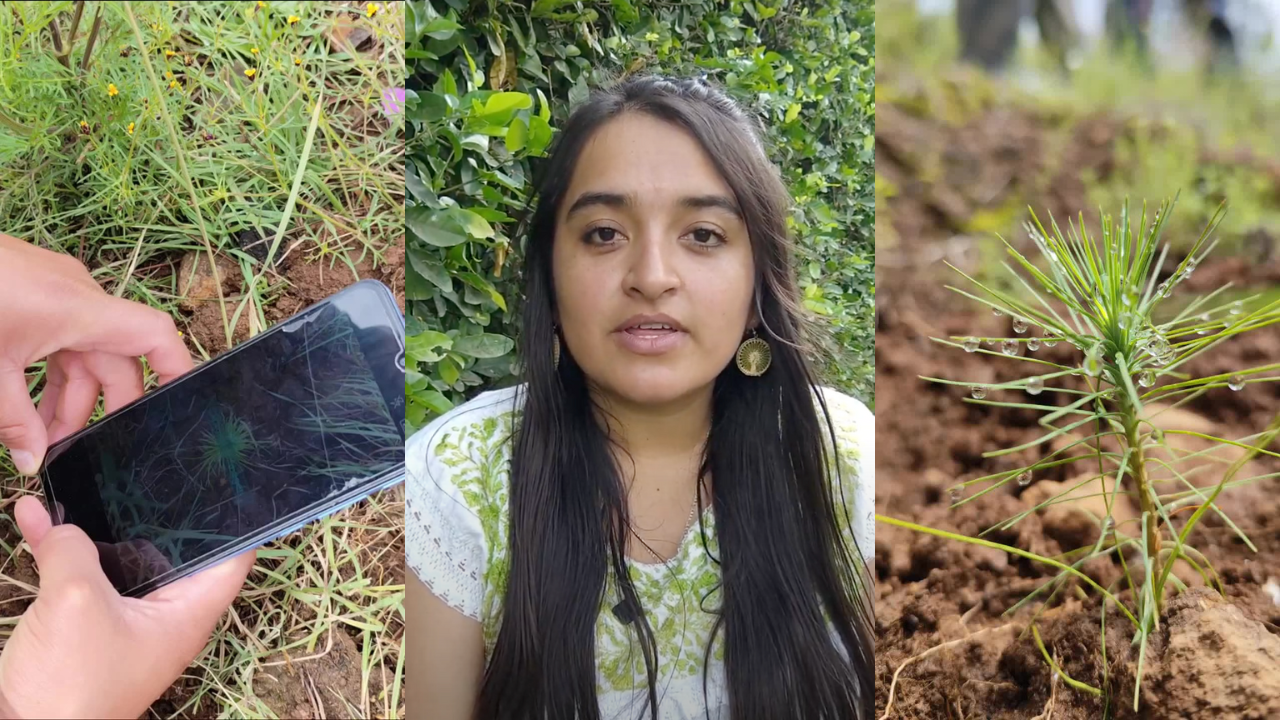Geographic Information Systems for Indigenous forests and communities
Learn about América Anayelli Olguín’s journey bridging technology and ancestral knowledge

América Anayelli Olguín, a young Indigenous woman from Zacatlán, Mexico, is pursuing a postgraduate degree in Geographic Information Systems (GIS) at UNIGIS Latin America. Her studies are supported by the FSC Indigenous Foundation’s Indigenous Peoples Alliance for Rights and Development (IPARD) Program.
The degree focuses on tools for capturing and analyzing geospatial data to support territorial development, agriculture, and environmental conservation in Indigenous territories. As part of the MOCAF Network and the Regional Collective in Defense of Forests and Territory, this knowledge empowers América to strengthen sustainable forest use and community organization initiatives within her community.
“By using these applications, I am able to involve more young people in my community in the development and care of our forests and biodiversity,” she says.
Carrying out the legacy of her ancestors, she is developing land management plans and participatory assessments for forest communities in her region. Watch the video below for the impact these studies will have on her community and territory.
Read an interview with America here.
Join us in supporting the vital work of Indigenous leaders like América. Indigenous leaders have the solutions to protect their territories on which we all depend. By investing in capacity enhancement initiatives, we can promote and scale up these solutions. If you would like to get involved, reach out to us at fsc.if@fsc.org
___________________________________________________________________________________________________________
The Indigenous Peoples Alliance for Rights and Development (IPARD) Program works to enable Indigenous Peoples globally to strengthen their capacities, so they can manage and develop their communities based on their priorities, traditional knowledge, natural resource management, and respect for their rights. It is supported by USAID, the Forest Stewardship Council, and private sector partners.
